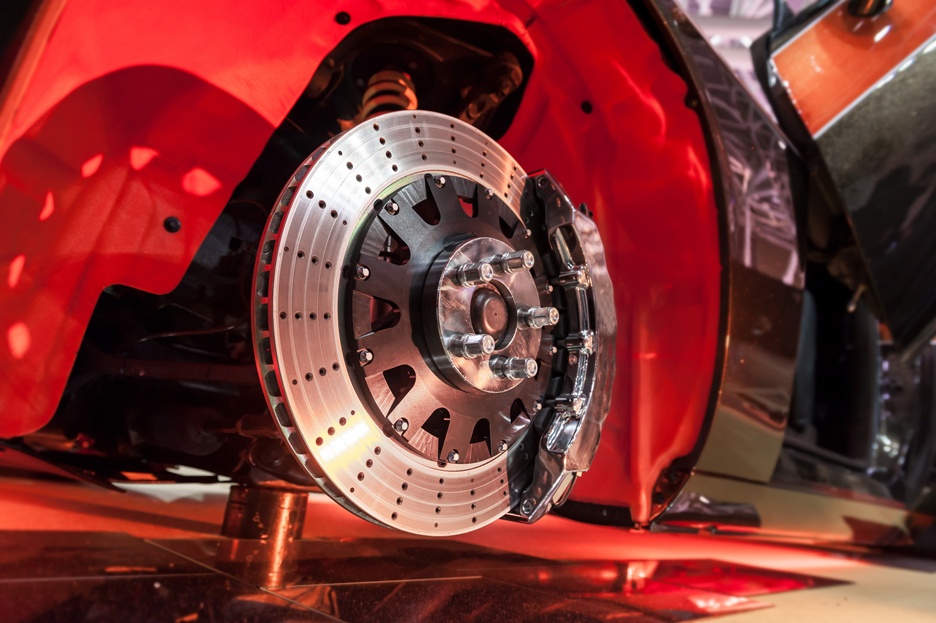Coral Ridge Isles, FL Auto Repair & Maintenance
Diagnostics for brake pedals
Your car's braking system depends heavily on the brake pedal, and its proper operation is crucial for your safety while driving. It's critical to quickly identify and fix problems with your brake pedal when you run into them. brake pad replacement Coral Ridge Isles, FL. We will discuss brake pedal diagnostics, common issues, and how to fix them in this article.

1. 1. Pedal with a sponge
Brake Repair Imperial Point, FL
Many drivers frequently experience problems with their brake pedals being spongy. The brake pedal feels soft and lacks the firmness you'd anticipate when you press it. This issue could be brought on by:
- Air in the Brake Lines: Hydraulic pressure can be decreased when air becomes trapped in brake lines. This problem can be fixed by bleeding the brake system.
- Brake Fluid Leak: A spongy pedal can result from the loss of brake fluid caused by a leak in the brake lines or an improper brake caliper. Look for any obvious leaks and fix them if necessary.
2. 2. Pedal with low brakes
When you press the brake pedal, it may sit unusually low or closer to the ground, which may be a problem. Possible causes include the following
Dr Brakes Complete Auto Repair's Service Center
- Worn brake pads: A lower pedal and a reduced braking effectiveness can result from wearing them. Check your brake pads and, if any are worn, replace them.
- Brake Fluid Leak: As was already mentioned, a leak in the brake fluid can lead to many problems with the pedal, including low pedaling. Check for leaks in the calipers and brake lines.
3. 3. Hard Pedal Brake


A spongy or low brake pedal can be just as problematic as a hard one. Breathing may become challenging and ineffective as a result. Possible causes of a hard brake pedal include the following:
- Vacuum Leak: A lot of cars use vacuum-assisted brake boosters. A hard pedal can be caused by a vacuum leak. Look for any leaks in the vacuum hoses and connections.
- Faulty Brake Booster: A hard pedal may result from a malfunctioning brake booster itself. The brake booster may need to be replaced in such circumstances.
4. ........................................... Vibrations of the brake pedal
Car Brake Service in Palm Aire, FL
While braking, you may experience vibrations or pulsations through the brake pedal, which could be a sign of several problems, including:
- Warped Brake Rotors: Vibrations during braking can be caused by warped or unevenly worn brake rotors. Rotors should be resurfaced or replaced as necessary.
- Wheel Alignment Problems: Uneven tire wear and vibrations from the brake pedals can result from improper wheel alignment. Check and correct your alignment if necessary.
5. 5. Noise from a brake pedal
Pressing the brake pedal can make strange noises that can be unsettling. The following are some potential sources of pedal noise:
Get the Right Tires & Auto Repair Near Imperial Point, FL
- Brake Pad Wear Indicators: Wear indicators are frequently included with modern brake pads. These indicators may squeak or scrape when the pads become worn down. If you hear this noise, replace the brake pads.
- Loose brake components: When you apply the brakes, rattling or clunking noises can be heard coming from loose calipers, bracket, and other brake parts. Examine and secure any loose components.
6.. 6. Brake Response Delay
It's important to look into if you notice a delay between pressing the brake pedal and the actual braking response of your car. The following can cause a delayed brake response:
- Brake fluid contamination: Contaminated brake fluid may make it less effective at transferring hydraulic pressure. The brake fluid can be flushed and replaced to help solve this problem.
- Brake Caliper Problems: Seated or sticky brake calipers can cause a delay in response. If necessary, check the calipers and replace them.
In conclusion, the brake pedal is an important part of your car's braking system, so any problems with it need to be fixed right away to keep you safe on the road. Your brake pedal can be kept in good shape with regular maintenance, inspection, and prompt repairs, enabling dependable and responsive braking.
the original source